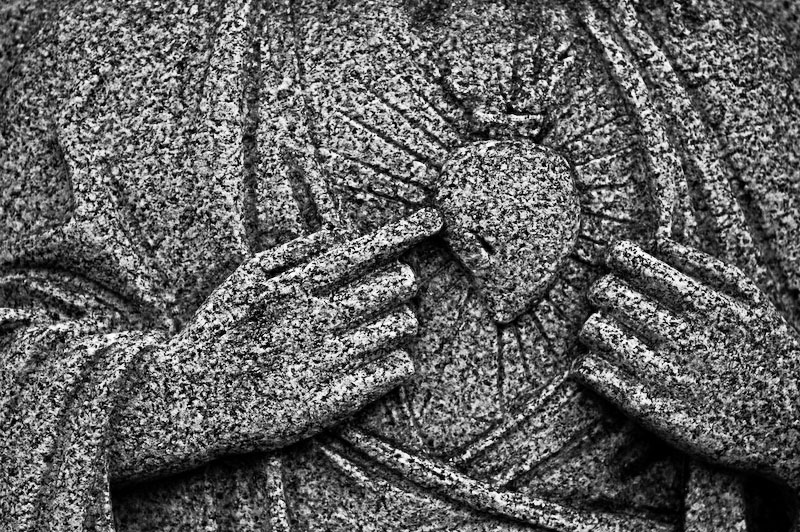This post first appeared on aud.life

The blunt, pathetic reality today is that a little old lady has died, who in the winter of her life had to water roses alone under police supervision. If you behave like there’s no such thing as society, in the end there isn’t. Her death must be sad for the handful of people she was nice to and the rich people who got richer under her stewardship. It isn’t sad for anyone else. There are pangs of nostalgia, yes, because for me she’s all tied up with Hi-De-Hi and Speak and Spell and Blockbusters and “follow the bear”. What is more troubling is my inability to ascertain where my own selfishness ends and her neo-liberal inculcation begins. All of us that grew up under Thatcher were taught that it is good to be selfish, that other people’s pain is not your problem, that pain is in fact a weakness and suffering is deserved and shameful. Perhaps there is resentment because the clemency and respect that are being mawkishly displayed now by some and haughtily demanded of the rest of us at the impending, solemn ceremonial funeral, are values that her government and policies sought to annihilate. – Russell Brand
Today I reread the obituary that Russell Brand wrote for Margaret Thatcher. What with Nancy Reagan’s recent death (and her funeral today), I’ve been thinking a lot about the leaders of the 1980s and the lingering trauma from their rule. Between my British and my American heritage, Thatcher and Reagan both loom largely, conjuring memories of the suppression of striking workers and the threats of nuclear war and my family’s grocery store going out of business.
Brand’s essay is at once unforgiving about the suffering that Thatcher’s policies brought and compassionate about Thatcher, the pathetic and lonely (and deceased) little old lady.
I can’t quite bring myself to muster much compassion for Nancy Reagan. Over the last week, my local NPR station here in LA has been round-the-clock with coverage of her life and death – interviews with various Hollywood, Sacramento, and White House confidantes and reminders of where to park to take a shuttle to her public viewing. I’ve sat here, listening in silent fury, at words like “elegant” and “classy.”
I remember the 1980s – the Reagan Era in particular, my Thatcher Era memories are far fewer – almost antithetically to most political pundits’ recollections, it seems. Those on the right in particular laud Reagan as their “great communicator,” as the greatest President. They remember a very different economy, culture, geopolitics, militarization than I do. I remember all the lies about drugs and weapons. I remember Reagan as, at best, incompetent and, at worst, utterly callous. I remember, by the end of the 1980s, that everything had fallen apart, and Ronald and Nancy Reagan and Margaret Thatcher were all macabre Spitting Image puppets laughing at us.
How you narrate the past shapes how you envision the future.
As her comments following Nancy Reagan’s funeral today made clear, I remember the 1980s so differently than does Hillary Clinton. Clinton credited Reagan for opening up a national conversation about AIDS. To the contrary, the Reagans – the President and the First Lady – kept silent for years as people died. The Reagan Administration laughed – literally laughed – about those deaths. Reagan prevented Surgeon General Everett Koop from speaking out about the AIDS crisis. That there was a national conversation was thanks, in part, to the activism of AIDS activists, ACT-UP, Queer Nation. Activists confronted the Reagans’ silence; activists forced the conversation.
It’s not just the re-writing of the Reagan era. I certainly remember the 1990s differently than do many who tout the “good times” of the Clinton Presidency too. By “misspeaking” today, Hillary Clinton reminded us again of her worldview, her position (in and near power) in those decades. Perhaps these words about Reagan really are how she remembers the 1980s – it wouldn’t surprise me if that’s the case. It’s strikingly sad and out-of-touch. (That’s me, trying to be compassionate.)
Substitute one name in the closing paragraph of Brand’s essay for another. I think it still works:
I do not yet know what effect [Margaret Thatcher, Nancy Reagan, Hillary Clinton] has had on me as an individual or on the character of our country as we continue to evolve. As a child she unnerved me but we are not children now and we are free to choose our own ethical codes and leaders that reflect them.